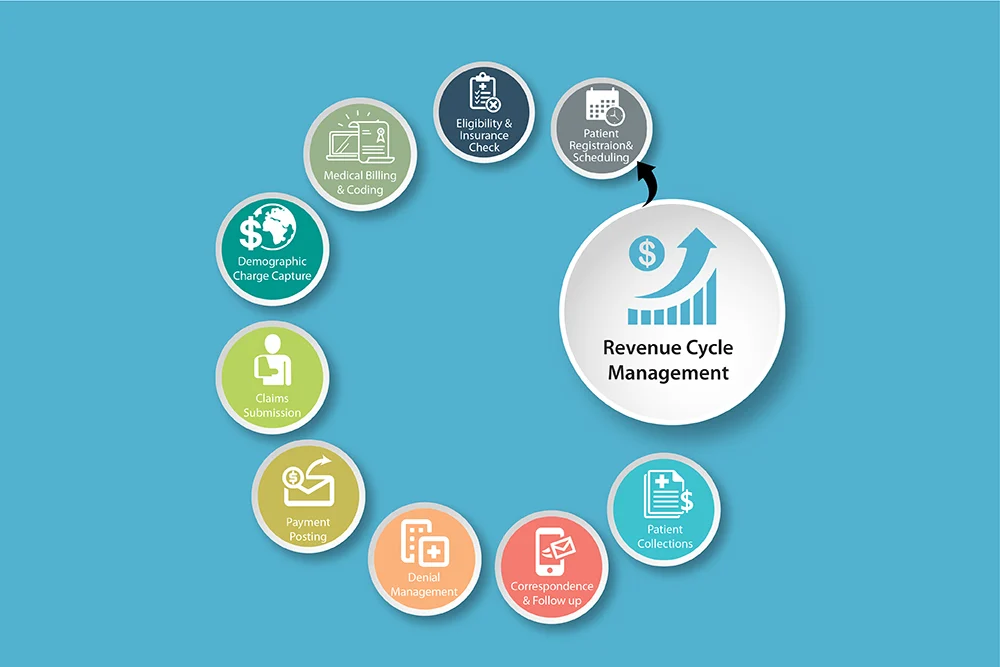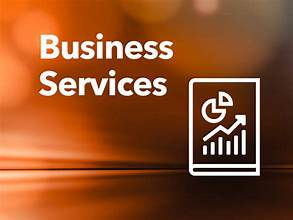
Revolutionizing Financial Efficiency: The Significance of Data Analytics in Spend Management
In the fast-paced world of modern business, vigilantly monitoring expenses is paramount for financial stability and progress. Enter the spend management platform, a transformative tool. This article explores the essential role of data analytics in spend management, illustrating how this technology is revolutionizing how businesses oversee, regulate, and enhance their expenditure.
Understanding Spend Management

Spend management refers to the systematic approach businesses take to manage, track, and control their expenditures. It encompasses various aspects such as procurement, budgeting, invoicing, and expense tracking. Effective spend management is the foundation of financial health and sustainability.
The Traditional Approach
Historically, businesses relied on manual processes and spreadsheets to manage their spending. These techniques were labor-intensive, prone to mistakes, and ineffective. The lack of real-time insights made it challenging to make informed decisions.
The Emergence of Spend Management Platforms
To address these challenges, spend management platforms have entered the scene. These software solutions offer an integrated approach to managing expenses, providing a centralized platform for all financial activities. They have become essential for modern businesses looking to streamline their financial processes.
Data Analytics – The Game Changer

Data analytics plays the main role in modern spend management platform. This section highlights the various ways in which data analytics revolutionizes spend management.
Real-time Visibility
Data analytics provides real-time visibility into spending patterns. It enables businesses to track every penny spent and quickly identify areas of overspending or potential savings. With this insight, companies can make timely adjustments to their financial strategies.
Predictive Analytics
One of the significant advantages of data analytics is its predictive capabilities. By analyzing historical data and spending patterns, businesses can forecast future expenses with accuracy. This allows for proactive decision-making and better budget planning.
Cost Optimization
Data analytics helps in identifying cost-saving opportunities. By scrutinizing spending data, businesses can pinpoint inefficiencies and negotiate better terms with suppliers. This leads to reduced expenses and improved profitability.
Improved Decision-Making

Data analytics not only provides insights into current spending but also enhances decision-making processes.
Informed Budgeting
With access to detailed spending data, businesses can create well-informed budgets. This prevents overspending and ensures that resources are allocated efficiently.
Supplier Relationship Management
Data analytics allows businesses to evaluate supplier performance objectively. By analyzing historical data, companies can make decisions about whether to continue or renegotiate contracts with suppliers, leading to cost savings.
Fraud Detection and Compliance

Fraud Detection
Detection heavily relies on data analytics. By monitoring spending patterns and identifying anomalies, businesses can quickly detect any fraudulent activities, ensuring financial security.
Regulatory Compliance
Staying compliant with financial regulations is a priority for businesses. Spend management platforms with data analytics capabilities can help in automating compliance checks and reporting, reducing the risk of non-compliance and associated penalties.
The Future of Spend Management
The world of spend management is continually evolving, and data analytics will continue to shape its future.
AI and Machine Learning Integration
The integration of AI and machine learning in spend management platforms will enhance predictive analytics and automation, making financial processes even more efficient.
Greater Customization
As businesses have unique spending needs, spend management platforms will become more customizable, offering tailored solutions to cater to specific industry requirements.
Conclusion
Data analytics is the driving force behind the transformation of spend management. Businesses are now equipped with the tools and insights needed to make informed financial decisions, reduce costs, and enhance overall efficiency. With the continued evolution of technology, the role of data analytics in spend management will only grow, helping companies adapt to the ever-changing financial landscape.
FAQS
- What is Spend Management, and why is it important for businesses?
Spend Management refers to the processes and strategies that organizations use to control and optimize their expenses. It’s crucial for businesses as it helps them manage finances efficiently, make informed decisions, and ultimately enhance their financial health.
- How does data analytics benefit Spend Management?
Data analytics empowers businesses to make data-driven decisions, predict future expenses, monitor spending in real-time, detect fraud, evaluate vendor performance, allocate costs accurately, ensure regulatory compliance, and negotiate better terms and prices.
- What should businesses consider when selecting a Spend Management Platform?
When choosing a Spend Management Platform, businesses should consider factors such as scalability, integration capabilities, user-friendliness, data security, reporting and analytics features, and cost to ensure it aligns with their budget and objectives.










